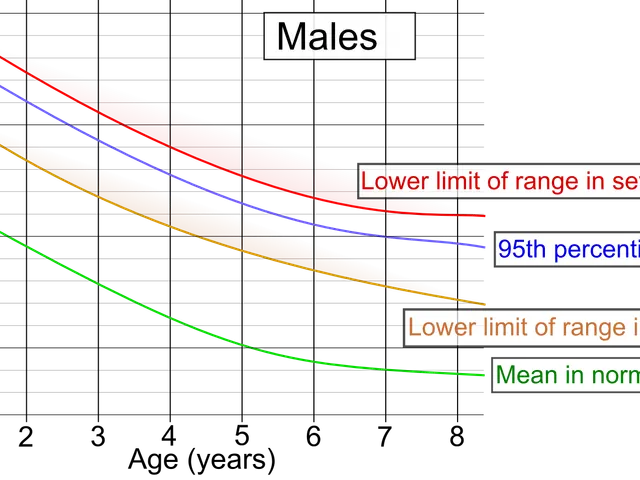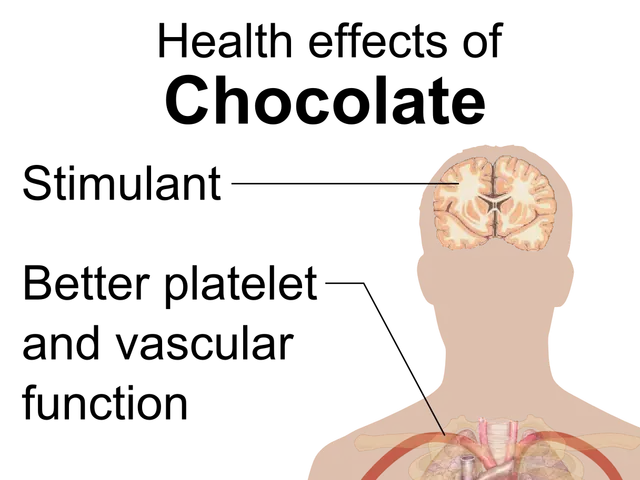For the mind as good as for the heart: Exercise appears to reduce dementia risk - Exercise Slows Alzheimer's Progression, New Study Finds
A groundbreaking study published in Nature Medicine reveals that regular exercise can significantly slow the progression of Alzheimer's disease, even in its early stages. The research, conducted over 14 years, suggests that physical activity may help combat the disease by targeting processes linked to tau protein.
The study, involving nearly 300 adults initially without Alzheimer's symptoms, found that those with elevated amyloid levels (indicating preclinical Alzheimer's) who engaged in higher activity levels experienced slower cognitive decline and improved daily functioning. This was observed even in participants who were already classified as having Alzheimer's under current diagnostic criteria.
The research divided participants into four groups based on their weekly step counts. It was found that higher levels of physical activity slowed the progression of tau protein deposits in the brain, which are linked to cognitive decline. This suggests that exercise may help Alzheimer's patients remain independent longer and avoid becoming dependent on care, without side effects and at no cost.
The study reinforces the message that regular exercise can help reduce dementia risk for those in good health. For those with preclinical Alzheimer's or even a diagnosis, exercise can slow cognitive decline and improve daily functioning. The findings emphasize the importance of maintaining an active lifestyle for overall brain health and suggest that physical activity may be a powerful tool in combating Alzheimer's disease.








